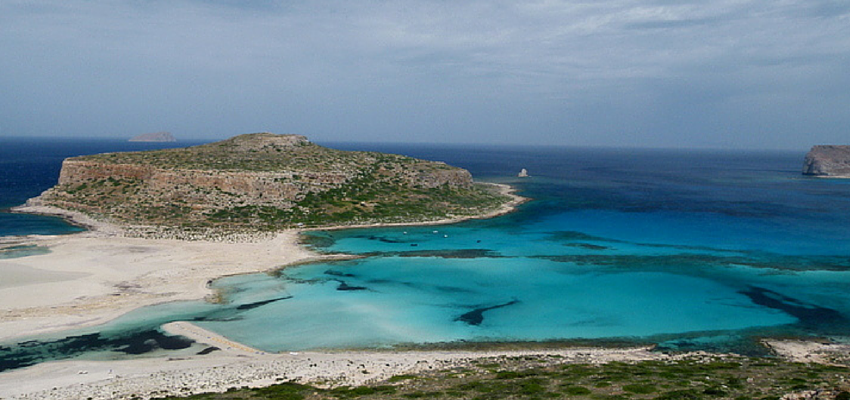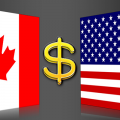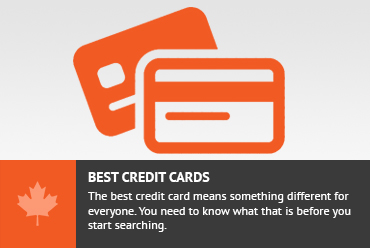As Canadian citizens, we are quite lucky when it comes to planning for retirement. Many of us have a healthy amount of CPP, RRSPs, TSFAs, GICs and many acronyms that have come to represent our late-life freedom. But even if you haven’t been saving up for your whole life, there are ways to retire early. This article is mainly going to focus on planning a retirement overseas, where the dollar stretches further and the sun is always shining. While it is easy and cheap to retire to paradise abroad, there are a few things that you should think about before taking the plunge. Here we will attempt to shed some light on the topic and help give you a better understanding of where you stand in terms of retirement.
1. Things Are Cheaper Overseas
As we said in the opening paragraph, things are cheaper overseas! This is why it is a good idea to plan to spend at least part of the year in another country. How cheap can it be you ask? Well, we lived on the post-card perfect Caribbean island of Grenada for just $1,200 / month (although we didn’t pay rent). We had a lovely two bedroom apartment in Mexico for just $400 and lived off of just $1,400 monthly, and we currently live on beautiful Lake Atitlan in Guatemala in a lovely 2-level lakefront casita which costs just $750 / month. The cost of groceries, transport and restaurants is much more affordable in these types of places and therefore, you can cut your budgeted living expenses in half when comparing to Canada.
2. Provincial Health Care Expires After Long Absences From Canada
Canadians are lucky to have their provincial and federal health care plans and we definitely don’t like to give them up. If you are absent from Canada an extended period of time, your provincial health care may be suspended, meaning that your regular travel insurance may no longer be valid and you won’t be covered for accidents when abroad, or upon returning to Canada. Luckily, once you’ve returned to the homeland and stayed there for 3 months, your provincial health care should be reinstated. Each province is different, so be sure to research the exact limitations to your health care before leaving Canada for more than a 2-week holiday.
Don’t let your expiring health care keep you from leaving Canada for extended periods of time. You can always pay for Expat Insurance and while it is a bit more expensive, it is still worth not returning to the cold! Expat insurance is available for those who enjoy long absences from their home country. (Read more about expat insurance below)
3. It is Possible to Claim CPP From Abroad
Don’t worry. Even if you’re not living in Canada, you can still claim your CPP and receive payments. Some countries even have an agreement with the Canadian government, which means that you’ll be able to directly deposit your CPP payment into a local bank account in the local currency.
“CPP payments are made anywhere in the world in the local currency where possible and, if not, in Canadian dollars. If you live in the United States and have your payment deposited directly to a US financial institution, the funds are automatically converted into US dollars.”
4. You Can Also Claim OAS From Abroad
You can also collect OAS from overseas, but there are some limitations. You must have lived in Canada for at least 20 years after your 18th birthday in order to be able to collect OAS while living in another country. If you haven’t lived in Canada for 20 years after you turned 18, then only temporary absences of up to six months are allowed. Also GIS (Government Income Supplements) are only paid if you live inside of Canada, but again temporary absences of 6 months are permitted.
5. The Maximum Amount Possible For OAS, GIC & CPP
Below are the maximum amounts that Canadians can receive through OAS, GIC and CPP, but it is not wise to rely on the maximum. When you look at the average payout of CPP, it’s just a little over $550 per month, which is a long way from the maximum amount of $1,065. In other words, not everyone gets the maximum. At the most basic level, the amount you get from CPP depends on how much you put into CPP, whereas OAS and GIC are not determined by your deposits, but instead by your overall earnings after retirement.
OAS Maximum (2015)
$563.74
GIC Maximum (2015)
$764.40
CPP Maximums at 65:
- 2015 – $1,065.00 per month
- 2014 – $1,038.33 per month
- 2013 – $1,012.50 per month
- 2012 – $986.67 per month
- 2011 – $960.00 per month
- 2010 – $934.17 per month
- 2009 – $908.75 per month
6. Residency Permits Will Allow You To Stay Longer
If you’re going to spend most of, or all of your year outside of Canada, you’re going to have to look into residency permits in the country you hope to live in. Usually when you visit a country as a tourist, you are offered a tourist visa or a visitors stamp, but if you plan to spend more than 30 days in most countries, these entry allowances won’t cut it. If you decide to live somewhere longer than the tourist entry permit allows, then you’ll have to continuously do “border runs” when your visa expires. This means a quick drive to the border to exit, and then re-enter the country, thus resetting your tourist visa.
A better way to go about living in a country long-term is to apply for a residency permit. In many countries like Mexico, Guatemala, Belgium, Brazil, France and Singapore, it is very easy to obtain a residency permit for renewable stays of up to one year.
7. Expat vs Travel Insurance
Expat insurance is available for those who enjoy long absences from their home country. As we mentioned earlier, Canadians lose their provincial health care after absences from Canada of more than three months, at which point they are no longer eligible for regular travel insurance. Expat insurance is considerably more expensive than travel insurance, but is still worth it because it is often so much cheaper to live overseas.
In a sample quote we pulled from Ingle International for a non-smoking 60-year-old Albertan with no prior health history travelling worldwide (but not in USA) for 6 months, the cost is around $815.
It is worth noting that health care, dentist and doctors visits in developing countries is often so cheap that, unless you’re in need of a serious surgery or ongoing treatments, it may be worth it to price out medical care in the country you plan to live in and decide whether or not it is even worth paying for expat insurance. Medical tourism is, in itself, a great way to save money in retirement. If you’re planning a trip to a country where health care is cheap, consider booking an appointment and getting your work done for a fraction of the cost that it would be at home. We recently had dental work done in Mexico and it was great. Read more about it here.
Nora Dunn has written in great detail about the usage and application of this type of insurance and you can read more about it here.
8. Top Countries To Consider
There are a few things to consider when choosing the ultimate country for your retirement. Good health facilities, low cost of living, a wide range of accommodations, western amenities, international restaurants and well stocked grocery stores (preferably Costco!) should all be on your wish list. We’ve spent a considerable amount of time living and travelling in over 45 countries, and we’ve put together a quick list of our three favourites below.
- Mexico: No jet lag, Great health care, good roads, Costco and other great grocery stores, very low cost of living, excellent apartments and an easy residency permit for foreign expats.
- Thailand: Very inexpensive, great grocery stores like Tesco, very cheap apartments and restaurants, great international hospitals in Bangkok, inexpensive domestic flights.
- Guatemala: Great value for money, easy to own property and businesses as a foreigner, can deposit upwards of $3000 / month to local banks, no jet lag, lots of apartment options in Antigua and on Lake Atitlan.
We Hope This Helps
Retiring in a foreign country may just mean that you can plan an earlier retirement! Consider these points and do your research to give yourself the knowledge that you need to have an excellent retirement in paradise. If you have any questions, please leave them in the comments below.











Regarding ex-pat insurance, any idea if you can claim that on Canadian income taxes like you can with normal travel insurance? Depending on your income that could help reduce the costs. My parents were recently able to save a few bucks by claiming their travel insurance when going to the US for 3 months. Also, I believe your home provincial health insurance is valid for 6 months, not 3, at least for Alberta anyway. I know that after 4 months you have to fill out a bunch of paper work explaining what you did and where, but I think your’e still covered.